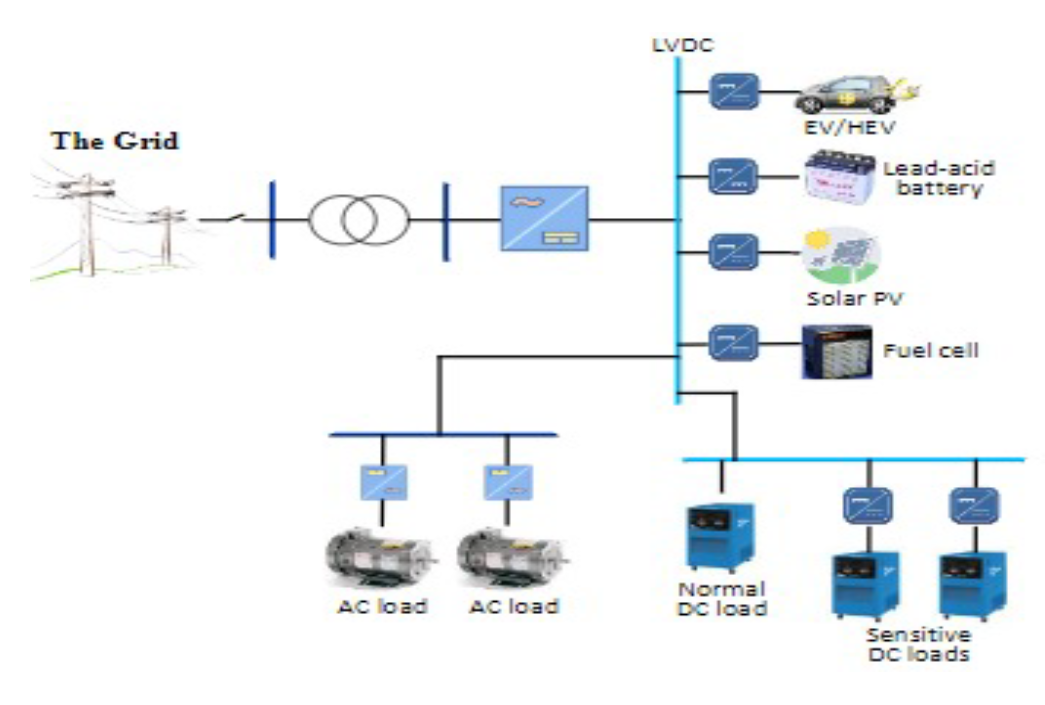The Problem:
Microgrids are localized grids that can either be connected to the main grid or operate alone to provide electricity. Because of their ability to function without connection to the main grid, they are becoming increasingly important as a method of strengthening the main grid and providing faster recovery time if the main grid goes down. Additionally, microgrids allow for the integration of renewable energy sources such as solar and wind. The integration of several sources of renewable energy requires a method of voltage control that can maintain stability despite the variety of sources.
The Solution:
Researchers at the University of Alabama have developed a technology which utilizes adaptive programming (Artificial Neural Network-ANN) as method of managing and maintaining voltage in standalone DC microgrids. The invention combines a trained computer program (ANN) and droop method to manage microgrid operation and maintain voltage. Even in dynamic environments, the ANN controller shows an ability to trace rapidly changing reference commands and tolerate system disturbances and operate the microgrid in standalone conditions.
 Configuration of DC Microgrid
Configuration of DC Microgrid
Benefits:
• Improves power quality.
• Increasing need for microgrids.
• Better maintains the voltage stability of a standalone DC microgrid.
• First use of artificial neural networks for voltage control in DC microgrids (as opposed to AC microgrids).
The University of Alabama Research Office of Innovation and Commercialization (OIC) is a non-profit corporation that is responsible for commercializing University of Alabama technologies and for supporting University research. At OIC, we seek parties that are interested in learning more about our technologies and commercialization opportunities, and we welcome any inquiries you may have.